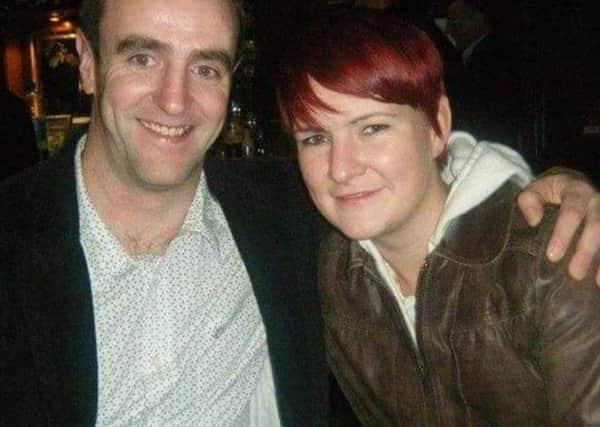Durkan speaks of losing '˜amazing' sister to suicide


Foyle SDLP MLA Mark Durkan, a former minister in the power-sharing Stormont executive, used social media this week to also appeal for help for those with mental health issues.
His sister Gay Durkan (28), a nurse at Altnagelvin Hospital, was found dead at her parents’ home in Derry in September 2011.
Advertisement
Hide AdAdvertisement
Hide AdIn his online post,Mr Durkan wrote: “It’s hard to believe that it’s been five years since our amazing sister Gay left us.
“Not a day goes by that I don’t miss her and think of the good times we had but what makes me saddest is when I think of the things she has missed and is missing – people she loved doing well, growing up, settling down (in moderation), getting on with their lives – and how happy that would have made her. Suicide sucks. Speak don’t suffer.”
Mr Durkan later elaborated on his sister’s death, saying it was important people spoke about suicide if there was to be reduction in what he called “this scourge”.
He said his sister touched thousands of lives through her private life and her work, being the youngest nursing sister in Altnagelvin at the time of her death.
Advertisement
Hide AdAdvertisement
Hide AdHe said: “She was an absolutely brilliant girl; I would say that. She was my sister and she was my best friend.
“You just need to look at the comments on Facebook to see how many lives she touched and the nature of those comments; all of them will refer to the craic that they had with her right back through her school days.
“She was a notorious and very good practical joker and that was something that she brought to her work in Altnagelvin, too, where she was a highly professional nurse.”
Mr Durkan also expressed concern about problems accessing counselling services across the North.
“Those waiting times are completely unacceptable,” he said. “We need people, when they do present with a problem, to be seen instantly and given a proper care pathway.”